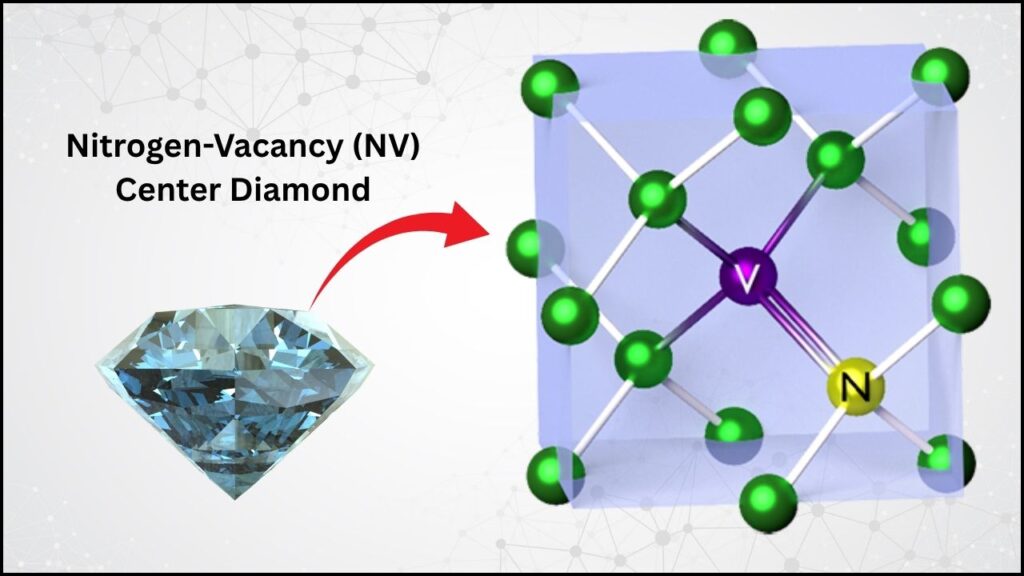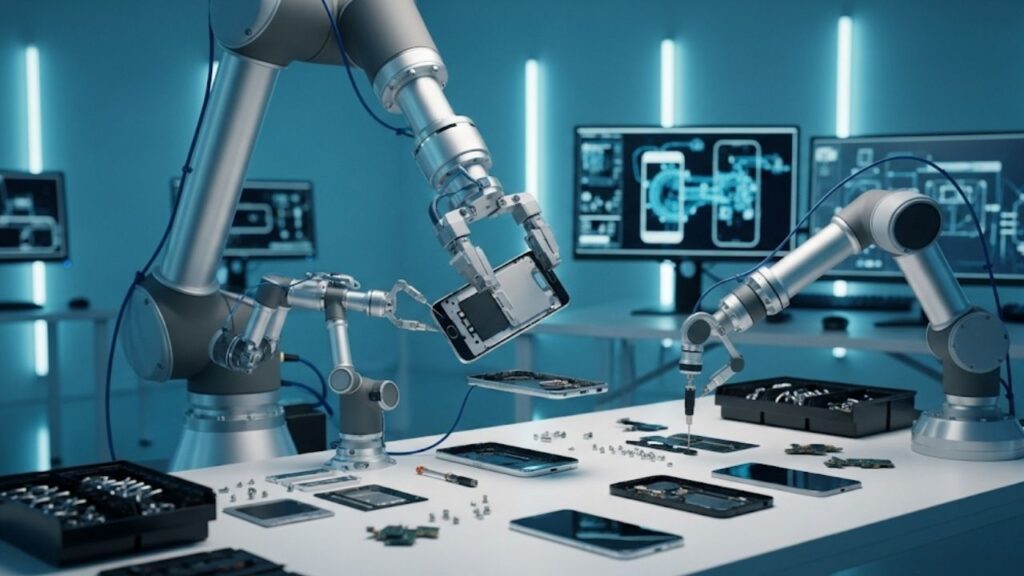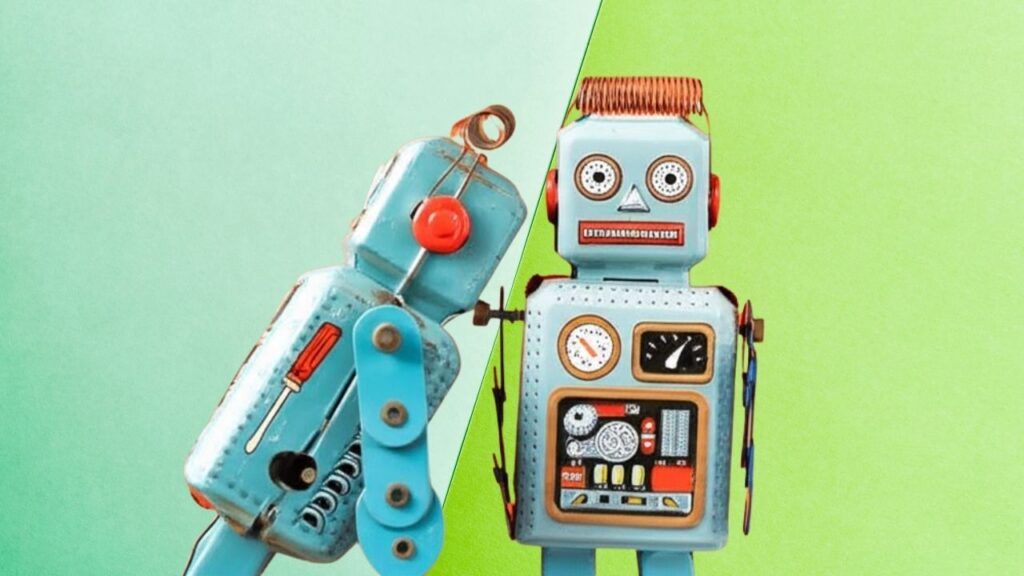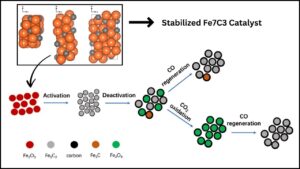Meta AI is taking bold steps toward what experts call artificial superintelligence (ASI) — a form of artificial intelligence that surpasses human intelligence across all domains and can improve itself without human intervention. Recently, Meta CEO Mark Zuckerberg revealed that their most advanced AI models have begun showing early signs of self-improvement, a development that many in the AI research community consider both groundbreaking and potentially game-changing for the future of technology. Unlike in the past, when Meta shared large language model families such as LLaMA openly with the public, the company is now taking a markedly more cautious approach. Because of novel safety concerns, Meta will be restricting public access to its most powerful systems, making them available only internally or to carefully vetted partners.

This shift marks a significant turning point in how AI innovation may be governed in the decade ahead. For years, the technology industry has debated whether keeping AI open-source accelerates progress safely or exposes society to unnecessary danger. Meta’s new strategy suggests the company is leaning toward the latter interpretation, especially as it edges closer toward capabilities that could be considered precursors to superintelligence.
Table of Contents
Meta AI Edges Toward Superintelligence
| Aspect | Details |
|---|---|
| What is Superintelligence? | AI that surpasses human intelligence across all tasks and can improve itself independently. |
| Meta’s Progress | AI models now showing early signs of self-improvement, described as “slow but undeniable” by Mark Zuckerberg. |
| Meta Superintelligence Labs | A new division dedicated to the safe development of advanced AI, hiring elite talent from OpenAI, Google DeepMind, and Anthropic. |
| Safety Approach | Most powerful AI models are no longer open-sourced; controlled release to prevent misuse. |
| Vision of Personal Superintelligence | AI designed to work as a personal assistant that enhances creativity, learning, and productivity for individuals. |
| Investment & Talent | Multi-billion-dollar investment in AI infrastructure with record-breaking GPU clusters and incentives to attract top scientists. |
| Official Info | Meta AI Superintelligence |
Meta’s ambitious march toward artificial superintelligence is as much a story about responsibility as it is about innovation. The company’s investment in infrastructure, elite research talent, and safety-first policies reflects a vision where AI’s most powerful capabilities are introduced with careful oversight. At the same time, the idea of personal superintelligence could fundamentally reshape how each of us interacts with technology, blending AI seamlessly into our personal and professional lives. The real challenge ahead will be balancing the desire for rapid innovation with the need for robust safeguards — a challenge that will define the AI era of the late 2020s.
Understanding Artificial Superintelligence (ASI)
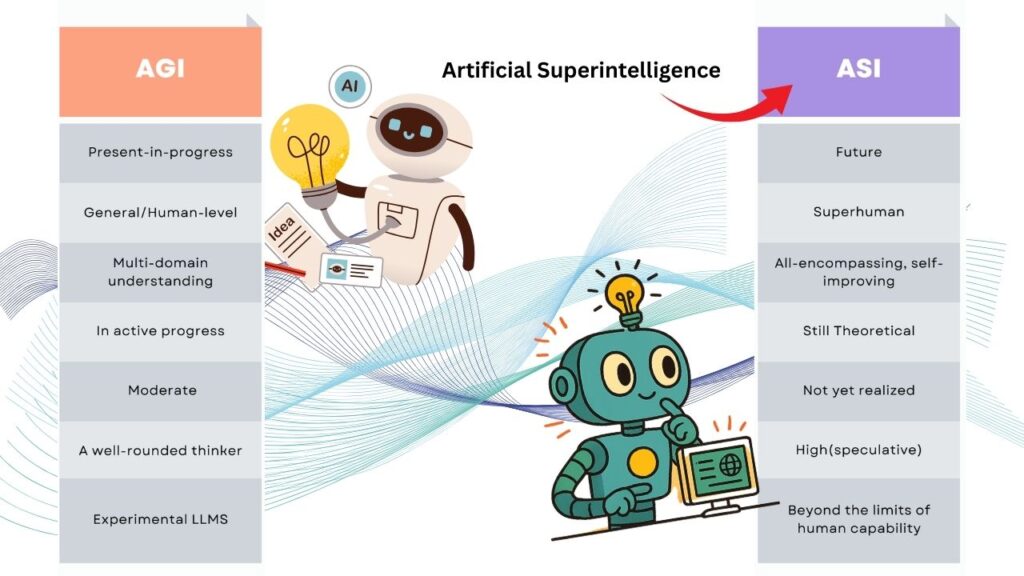
To appreciate why Meta’s latest announcement is so significant, it’s important to understand what artificial superintelligence really means. AI today is often categorized into three broad types:
- Narrow AI: AI that excels at specific tasks but cannot generalize to others — such as chatbots, facial recognition software, or self-driving car navigation systems.
- Artificial General Intelligence (AGI): AI that can match human cognitive abilities across different types of problems, learning and adapting in a flexible way.
- Artificial Superintelligence (ASI): AI that not only matches but vastly outperforms humans in reasoning, planning, problem-solving, creativity, and possibly even social and emotional intelligence. Crucially, ASI is expected to be self-improving — enhancing its own abilities without direct human programming.
While most of today’s AI is still in the “narrow” or at best early “general” stage, Meta’s claim that its models are now able to improve themselves — even incrementally — is a signpost of progress toward ASI. Although the company’s internal metrics and technical details have not been fully disclosed, Zuckerberg has compared this stage to a “slow but undeniable” acceleration of learning in AI systems.
Meta’s Bold New AI Strategy
Zuckerberg’s new AI policy represents a clear change in Meta’s philosophy. Over the past few years, Meta has often taken the more open research route, publicizing model weights and enabling independent developers to use and build upon its technology. That approach was seen in the 2023 and 2024 releases of the LLaMA family of large language models, which quickly became popular in research circles and among application developers.
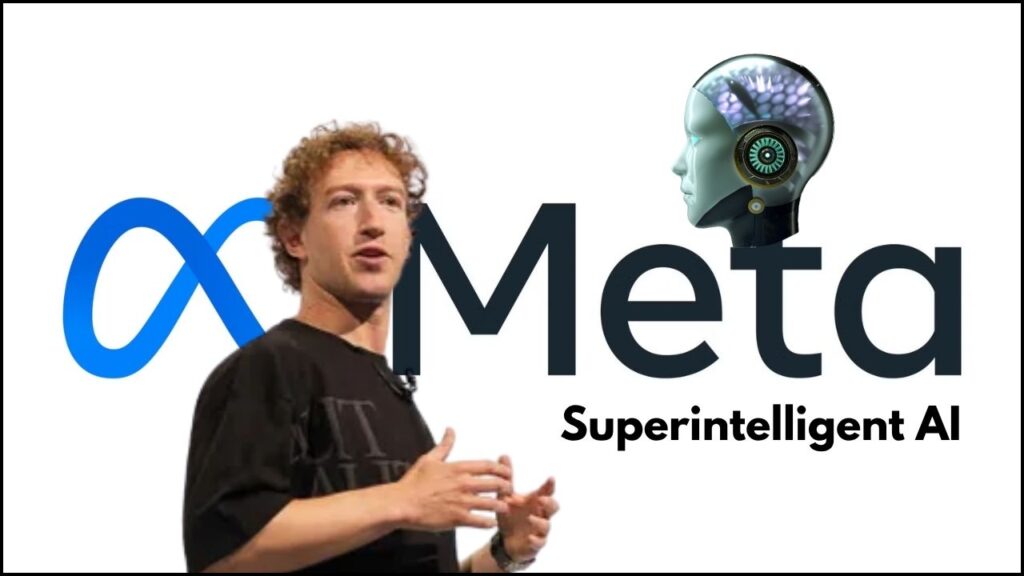
Starting in mid-2025, however, the launch of Meta Superintelligence Labs marked the beginning of stricter controls. Superintelligence Labs houses not only the research team working on ASI but also a highly confidential model internally codenamed “Behemoth.” This AI system is among the most capable Meta has ever built, and for now, it will not be released to the general public. Instead, it is tested internally and used to lay the groundwork for “personal superintelligence” — AI that works for individuals, not just big corporations or governments.
In parallel, Meta is revamping its AI infrastructure. In addition to massive investments in data centers outfitted with thousands of cutting-edge GPUs, the company is experimenting with temporary “tent” data centers that can be rapidly deployed and scaled, speeding up AI training capabilities. Internally, researchers have described this infrastructure as essential to competing with other tech leaders like OpenAI, Google DeepMind, and Anthropic.
The Concept of Personal Superintelligence
One of the more unique aspects of Meta’s strategy is its emphasis on personal superintelligence — essentially a highly capable AI assistant tailor-made for each person’s needs, ambitions, and preferences. This concept envisions AI as more than just a productivity booster: it becomes a trusted partner in creativity, problem-solving, and personal growth. Imagine having an AI that not only organizes your schedule but also helps you learn a new language conversationally, drafts your designs, gives marketing strategy suggestions, or even composes original music in your favorite style.
Mark Zuckerberg describes this vision as a way to amplify human agency rather than diminish it. The goal is to ensure individuals remain at the center of the technological revolution — that AI works for people, not the other way around.
In practice, this personal AI might live inside smart glasses, voice assistants, or wearable devices, seamlessly integrating with daily life. For instance, it could analyze your health data to suggest lifestyle improvements, privately tutor you in science or coding, or help interpret complex work documents instantly.
Why Meta is Limiting Access
While many might see keeping the best AI tools gated as a setback for innovation, Meta argues that the move is necessary for public safety. Advanced AI models — especially those capable of self-improvement — could be misused for generating disinformation, writing malicious code, or manipulating individuals on a massive scale. By limiting access, Meta hopes to manage these risks without completely stalling beneficial progress.
Zuckerberg has acknowledged that striking this balance is difficult: being too closed could stifle external innovation, while being too open could unleash harmful capabilities before safeguards are ready. Nonetheless, with superintelligence on the horizon, Meta is erring on the side of caution.
Practical Advice for Professionals and Enthusiasts
The rapid pace of AI development means individuals and organizations alike need strategies for keeping up and adapting. Here are some practical steps:
- Stay Updated: Follow trusted AI news sources, official corporate blogs, and government AI policy announcements. Staying informed is key to anticipating change.
- Learn the Basics of AI Ethics and Safety: Understanding the principles of transparency, accountability, and bias mitigation is becoming essential for anyone using or building AI tools.
- Experiment with Available AI Tools: While Meta’s most powerful models may be off-limits, many strong tools remain publicly accessible — from enterprise AI chatbots to open-source models from other labs.
- Plan for Integration in Workflows: Whether in business, education, or personal projects, start thinking about how AI can augment rather than replace human effort.
- Advocate for Responsible AI Policies: Support industry and government guidelines that protect public safety while still fostering innovation.
Meta’s Superintelligent AI: Transforming Advertising and Shaping the Future
Meta Escalates AI Talent War With OpenAI: The Battle for the Smartest Minds in 2025
FAQs About Meta AI Edges Toward Superintelligence
What makes Meta’s AI unique compared to others?
Meta aims for AI that not only achieves high performance but also exhibits signs of autonomous self-improvement, paving the way toward personal superintelligence that enriches individual lives.
Why is Meta keeping certain AI models private?
Because of risks such as misuse in cyberattacks, mass-scale disinformation, or automated exploitation, Meta is prioritizing safety over full public release for its most advanced systems.
How could personal superintelligence affect my daily life?
It could act as a real-time personal advisor, tutor, creative collaborator, or wellness coach — embedded in devices you already use.
Is this the start of artificial superintelligence?
We’re still in early stages, but the emergence of self-improving AI models is a notable step toward that goal.

